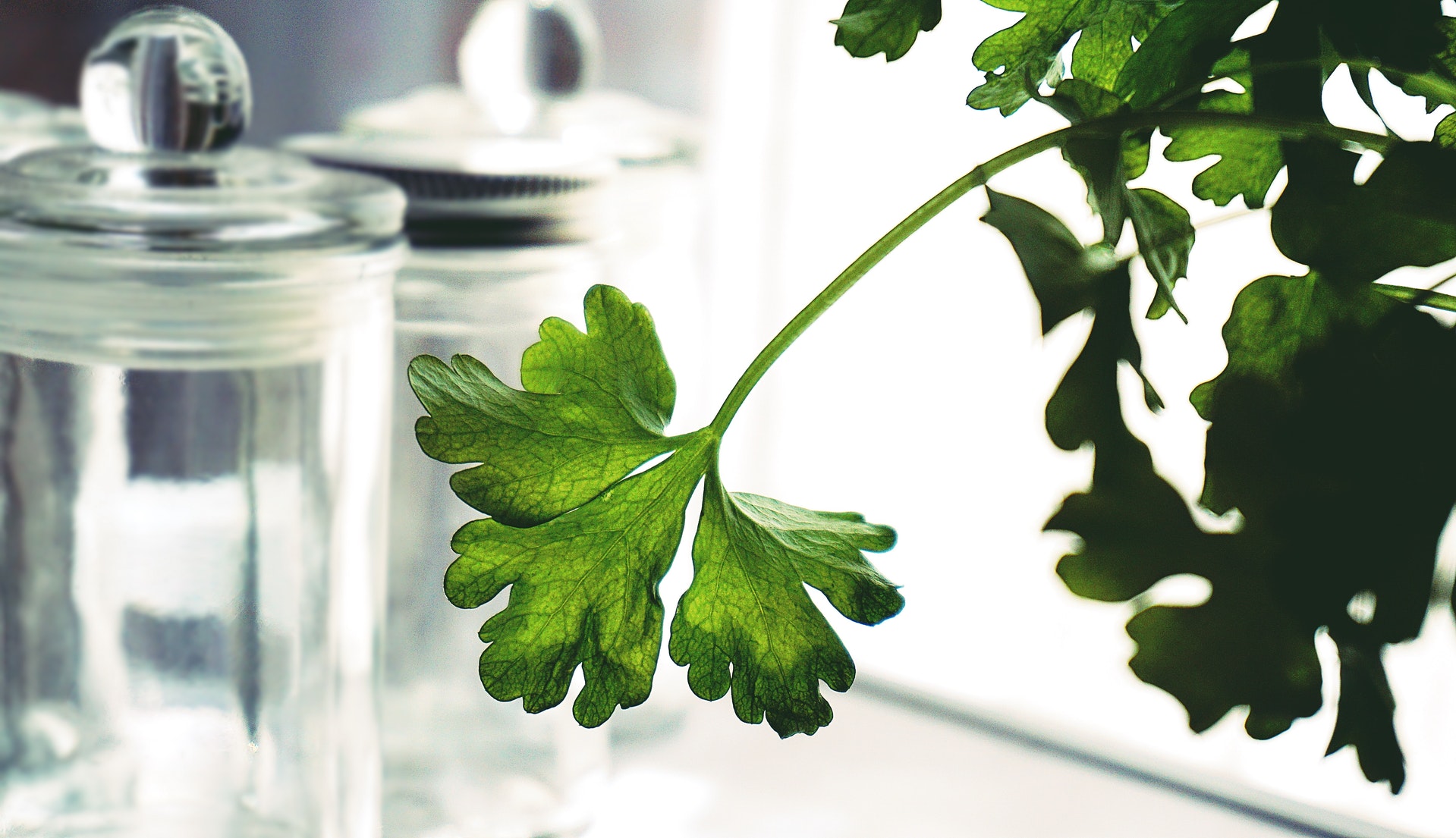There are many herbs that can be used to improve indoor air quality. But it’s difficult to know which herbs to use, when to use them, and how they should be used. Poor indoor air quality is deemed as one of the main triggers for allergies and asthma. It can also cause headaches, eye irritation, and bad smells.
In this article we will talk about how to effectively use herbs for indoor air quality. You’ll learn all about the different types of herbs that can help improve your indoor air quality, the best ways to use them, and even some recipes for DIY home remedies.
What is Indoor Air Quality, and What Are the Causes of Poor IAQ?
Indoor air quality, or IAQ, is the term that refers to the quality of air in a building. Poor indoor air quality can cause many problems such as chemical fumes, mold and bacteria growth, or even dust and pollen in the air. The EPA estimates that indoor air pollution maybe two to five times worse than outdoor pollution. This is because pollutants are more likely to linger in a closed space with poor ventilation.
Poor IAQ can cause health problems like headaches, respiratory problems, coughing, and eye irritation for people who spend most of their time indoors. It can also cause asthma attacks for those who have asthma or allergies.
How to Improve Your Indoor Air Quality with Herbs
Air quality is a major factor for your health as the air you breathe outdoors. Some common herbs that can improve indoor air quality are Basil, Mint, Rosemary, Thyme and Sage. The herb basil has been found to have anti-bacterial properties that can help get rid of mold spores and bacteria. This kind of herb Mint is a natural deodorizer. And it is also known to have anti-inflammatory properties which can help relieve congestion in the respiratory system.
The herb rosemary has been found to be an excellent decongestant, and it also helps with relieving headaches. The herb thyme has a strong antiseptic property which helps kill airborne viruses and bacteria. Lastly, the herb sage has been found to be a good natural insecticide that can help get rid of mosquitoes.
People have been using lavender for centuries to help soothe skin irritations and aching muscles and as a natural insect repellant. It is also thought to have anti-inflammatory properties, which can help with pain relief and reduce the risk of heart attack or stroke when ingested frequently over time. The herb has been used in the aftermath of a break-up to help give you new energy. And is thought to help prevent premenstrual syndrome.
The Best Herbs For Improving Your Indoor Air Quality
There are many herbs that can help purify the air in your home. Some of these are:
1. Basil: This herb is known for its ability to kill bacteria and viruses, as well as its ability to remove formaldehyde from the air.
2. Lavender: This herb is known for its calming properties, which can help you and your kids sleep better at night and relieve headaches or depression.
3. Thyme: Thyme has a pleasant smell which can help relieve stress and anxiety while also removing mold spores from the air.
The best herbs for improving your indoor air quality are basil, lavender, and thyme. Because they have strong anti-bacterial and antifungal properties that make them excellent natural remedies for fighting allergies or other respiratory issues like asthma or bronchitis because they can relieve congestion or act as a decongestant.
How to Use Herbs in Your Home For Improved IAQ
Herbs are a great way to create a natural fragrance and improve the quality of air in your home. You can use plenty of herbs in your home to improve your IAQ. Some of these include basil, mint, and lavender. You can also use these herbs to make tea or add them to food dishes.
Conclusion
Air quality is an important factor in determining the health of a home. Poor air quality can lead to health issues such as asthma and allergies. Many studies have proved that plants can help improve air quality by creating oxygen, removing carbon dioxide, and releasing negative ions.
In order to improve the air quality of your home with herbs, it is important to choose plants that are native to your area. It is also important to make sure you have enough lighting for the plants so they can thrive and grow properly.




